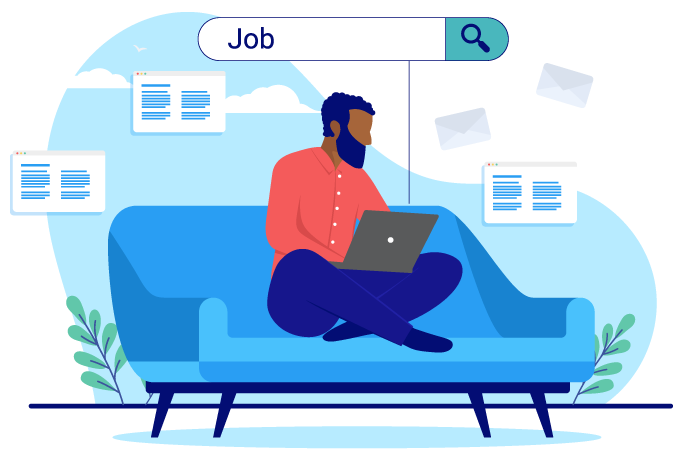Traffic Congestion
Workers forced to drive long distances into and out of local communities from one to two counties away puts a strain on infrastructure, leading to widening of roadways and traffic congestion. Long commutes increase costs to families for vehicle maintenance and fuel while decreasing time with their family.







